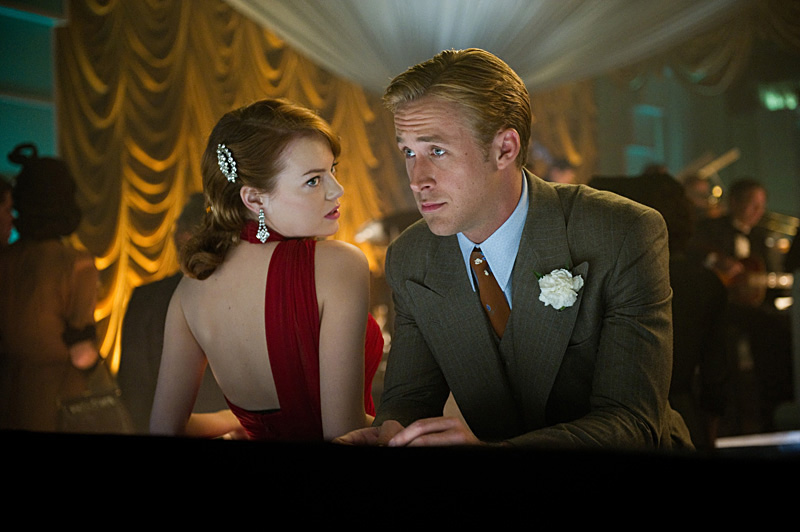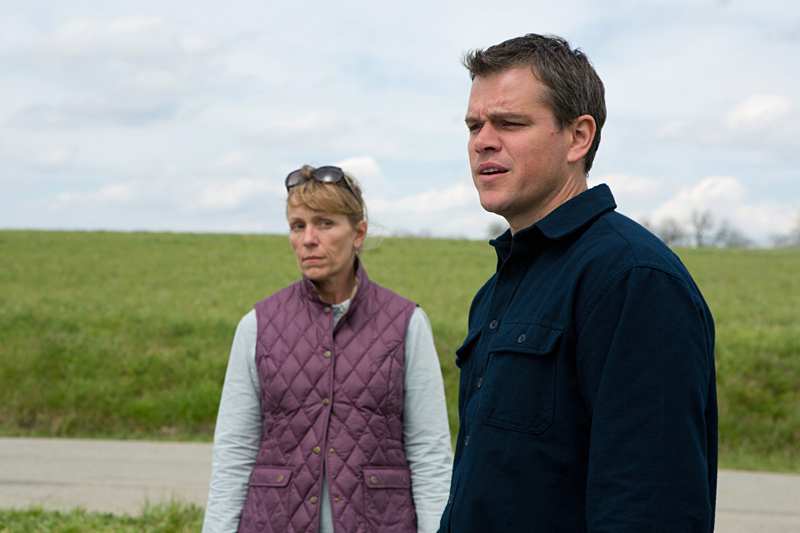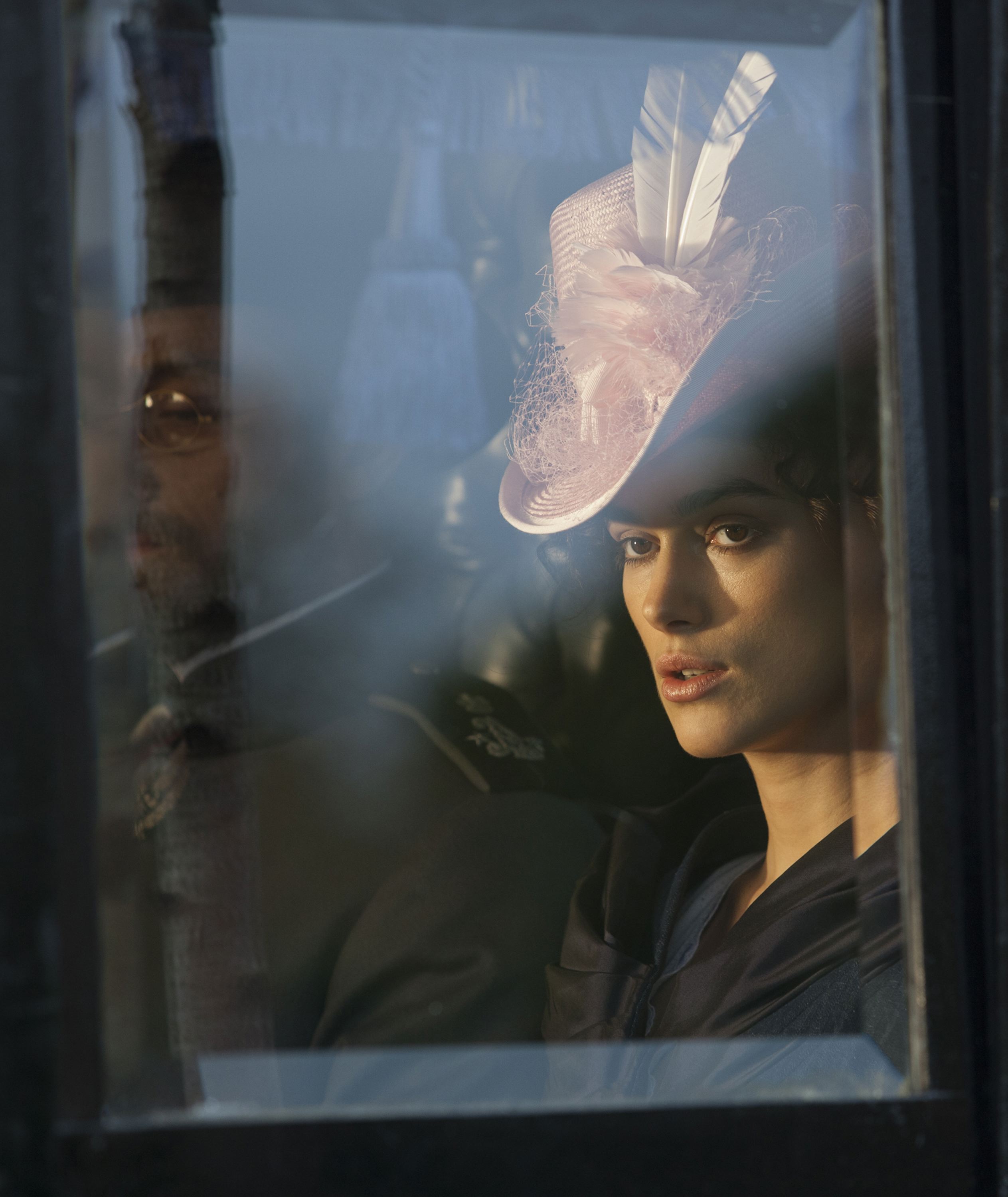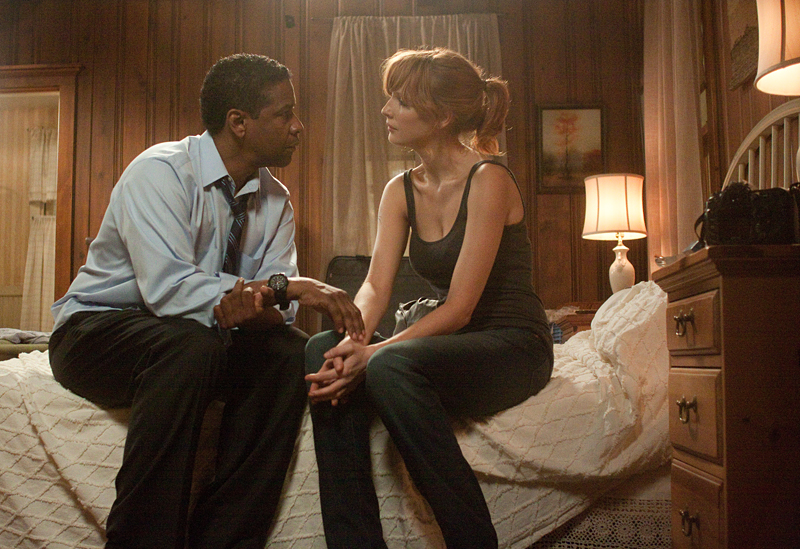Adapted from Valerie Plame and Joseph C. Wilson’s memoirs, the unsurprisingly validating Fair Game begins as a timeline-hopping international thriller of the countdown months to the Iraq War. Covert CIA operative Plame (Naomi Watts) and ex-ambassador husband Wilson (Sean Penn) are proverbial ships passing in the night, shuttling from Niger to Amman to Cleveland on fact-finding missions concerning Saddam Hussein’s nuclear program or lack thereof—until Plame’s cover is blown in The Washington Post as apparent retaliation for Wilson’s administration-critical New York Times op-ed. Retelling headline news in human fine print, director Doug Liman makes a show of peeling back the layers of noise, cutting from televised shock-and-awe to ground-level impact in Baghdad, from cable-news talking heads accusing nepotism to domestic tension in the Plame/Wilson household, and finally from Watts to the real Plame. Realism means an underlit beige-and-gray palette, swinging handheld cameras for firefight and dinner party alike, and plenty of homely kitchen-sink business, with the Wilsons’ rugrat twins always underfoot in domestic scenes. Penn’s lachrymosity and hotheaded indignity seem cartooned against Watts’ contained conviction—though more incongruous couples have certainly existed—but the film’s assertion of Plame and Wilson as real people rather than characters consists mostly of draining them of anything compelling, so that David Andrews’ Scooter Libby commands the single best scene.
Fair Game: Sean Penn, Even More Self-Righteous Than Before








